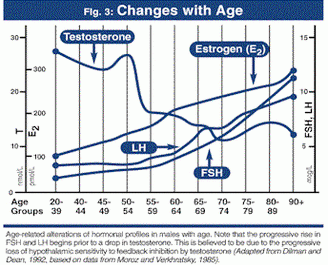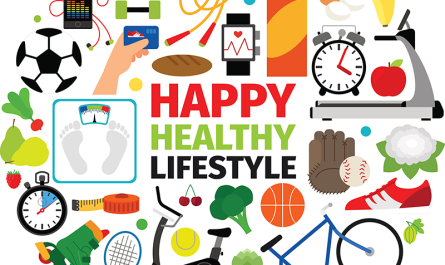Testicular health is an important aspect of men’s overall well-being. Testicles are responsible for producing testosterone and sperm, making them vital for reproduction and sexual health. It is essential for men to be aware of their testicular health and take proactive steps to maintain it.
The Importance of Testicular Self-Exams
Regular self-exams play a crucial role in early detection and prevention of testicular conditions. Testicular cancer is one of the most common types of cancer in young men, with the highest risk occurring between ages 15 and 35. Performing self-exams can help identify any abnormalities or changes in the testicles, leading to earlier diagnosis and increased chances of successful treatment.
Steps to Perform a Testicular Self-Exam:
Find a Comfortable Environment: Choose a private and well-lit area, such as a bathroom or bedroom, where you can perform the exam without interruption.
Stand in Front of a Mirror: Inspect the scrotum for any swelling, redness, or changes in skin texture.
Support One Testicle: Gently hold one testicle between your thumb and fingers and roll it between them to check for any lumps, hard masses, or changes in size and shape.
Repeat with the Other Testicle: Perform the same examination on the other testicle, comparing it to the first for any differences.
Check the Epididymis: Located behind the testicles, the epididymis is a soft, tube-like structure. Ensure there are no lumps or abnormalities along its length.
Contact a Healthcare Professional: If you notice any irregularities, lumps, pain, or swelling during the self-exam, it is crucial to seek immediate medical attention.
Other Testicular Conditions to Be Aware Of
While testicular cancer is a significant concern, it is essential to be aware of other testicular conditions that may affect men’s health. Some common conditions include:
Testicular Torsion:
Testicular torsion occurs when the spermatic cord twists, cutting off the testicle’s blood supply. This condition can cause severe pain, swelling, and may require emergency surgical intervention to save the testicle. Prompt medical attention is necessary if testicular torsion is suspected.
Varicocele:
A varicocele is an enlargement of the veins within the scrotum. While it is generally harmless, it can cause discomfort, testicular shrinkage, and fertility issues for some men.
Orchitis:
Orchitis refers to the inflammation of one or both testicles, typically caused by a viral or bacterial infection. It can lead to pain, swelling, and discomfort, requiring medical treatment.
Healthy Habits for Testicular Health
In addition to regular self-exams and awareness of potential conditions, adopting healthy habits can contribute to maintaining optimal testicular health. Here are some recommendations:
Eat a Nutrient-Rich Diet:
Consume a balanced diet rich in vitamins, minerals, and antioxidants. Include foods like fruits, vegetables, whole grains, lean proteins, and healthy fats to support overall wellness and reproductive health.
Exercise Regularly:
Engaging in regular physical activity helps improve blood circulation throughout the body, including the testicles, promoting their health and function.
Wear Proper Protective Gear:
When participating in contact sports or activities that may put the testicles at risk, ensure wearing protective gear such as cups to prevent injury.
Avoid Excessive Heat:
Heat can negatively affect sperm production. Avoid hot tubs, saunas, and wearing tight underwear or pants for prolonged periods since they can raise scrotal temperature.
Practice Safe Sex:
Reduce the risk of sexually transmitted infections by practicing safe sex, including the use of condoms and getting regular STI screenings.
Conclusion
Testicular health is crucial for overall well-being and should not be overlooked. Regular self-exams, awareness of potential conditions, and adopting healthy habits can help maintain optimal testicular health. If any abnormalities or concerns are noticed during a self-exam, it is important to consult a medical professional for further evaluation and guidance. Take charge of your testicular health today and prioritize self-care.




